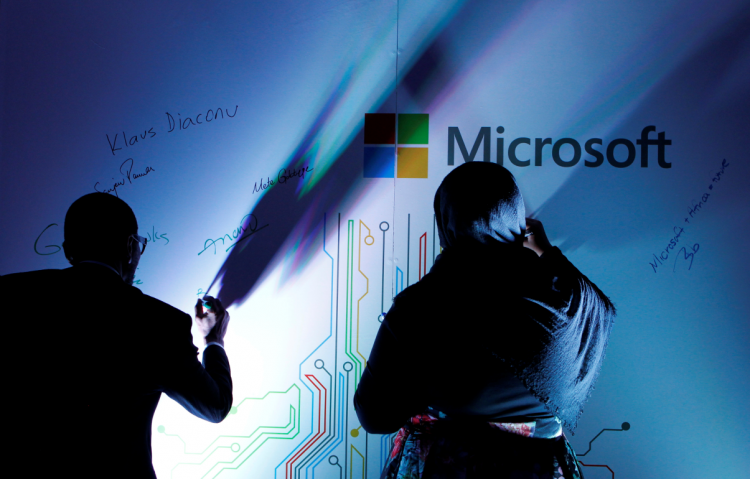Microsoft has dispelled the rumors that Windows 10 Version 1903 will not install on PC systems with limited hardware specifications. Machines with at least 32GB of internal storage can fully accommodate the fresh Windows build that was delivered via the May 2019 Update, the company confirmed.
In a clarification released by the software giant, it was explained that the hardware minimum requirements issued for Windows 10 1903 were meant for OEMs and specifically for new PC units that will hit the market post the May 2019 Update rollout.
"New disk space requirement for Windows 10, version 1903 applies only to OEMs for the manufacture of new PCs. This new requirement does not apply to existing devices," Microsoft was reported by ZDNet as saying.
The Windows maker further clarified that PCs and tablets that were unable to meet the hardware specs requirements will still "receive updates and the 1903 update will require about the same amount of free disk space as previous updates."
This latest confusion arose from the announcement made by Microsoft that beginning with Version 1903, Windows 10 will automatically create a Reserved Storage of 7GB, which will be utilized to prevent an update failure.
In relation to the safety feature, ZDNet added that Version 1903 now has the ability to uninstall specific updates that will trigger boot problems, which will result to the affected device running smoothly following the automatic correction. In addition, the new Windows 10 update protocol allows for up to 35 days of pausing or delaying the arrival of system updates.
Microsoft said Reserved Storage is a feature found only on new PCs with Windows 10 Version 1903 preinstalled. The same goes for users who decide to do a clean install with the latest OS build, which means that the feature will not be activated when opting for the normal update route, WCCFTech said in a related report.
It's important to note likewise that Windows 10 1903 will still support devices with lower hardware specs. For example, a tablet with only 16GB of built-in storage and is designed for the 32-bit platform will still run on the latest build. It is likely, however, that the update arrival for these devices will be delayed.
There are PC systems though that will no longer be eligible for the latest version. Microsoft has confirmed that machines powered by Intel Clover Trail chips will not get Version 1903 and will have to make do with Windows 10 Version 1607. However, devices belonging to this cluster can still expect cumulative updates until 2026, Neowin reported.






